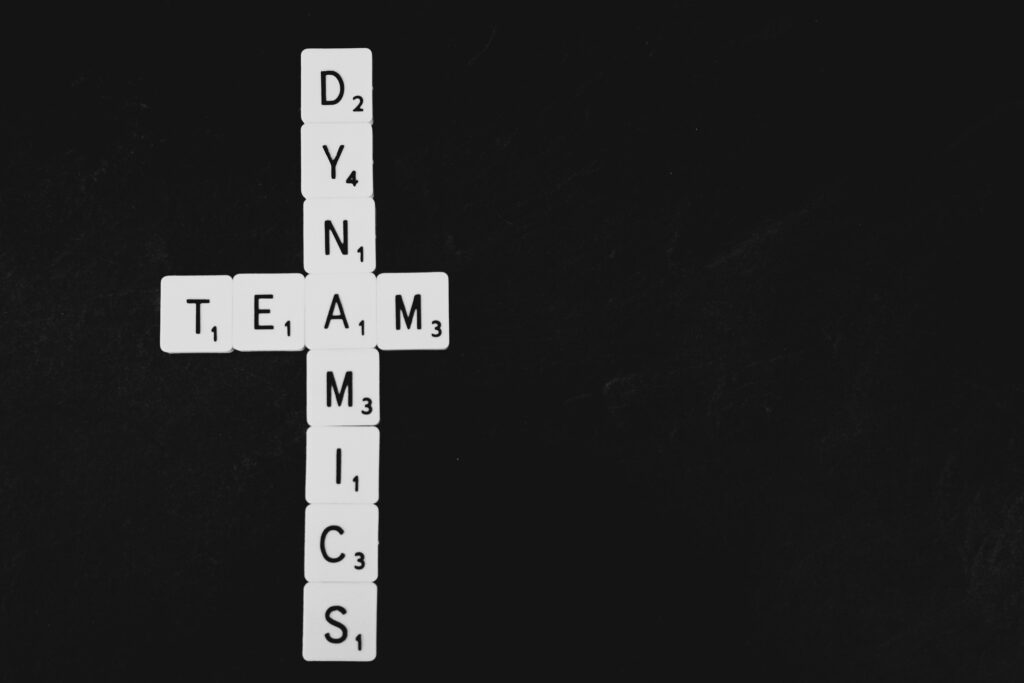What is faith rooted organising, anyway?
Two of the most common questions Eddy and I are asked are –
‘What is faith rooted organising/ why not just call it community organising?’ and
‘What’s the point of the pilot?’
These are great questions, and core to the whole purpose of the pilot project. We’ll be unpacking them in greater depth over several blog posts. But it’s probably helpful to start with some basics.

Let’s start with the first question: ‘Why faith rooted organising, not community organising?’

Firstly, I want to be clear that we aren’t talking about two different things. When we talk about faith rooted organising, we are just more explicitly recognising that all organisers bring their own interests, passions and motivations when they are working alongside others for the common good.
We can’t ignore this; indeed, the issue of ‘self-interest’, or, as we might better understand it as Methodists, our ‘calling, is one of the first things we unpack in any community organising training session.
Both Eddy and I have been involved with the Birmingham Citizens chapter of Citizens UK for a number of years. It is an incredible experience to work for change alongside others from very different cultures and faith backgrounds. The whole aim of Broad Based Community Organising is to enable different groups to work together in their community to enable positive change. It encourages building relationships, engaging in strategic collaborative action, and developing local, contextual leadership. Through broad based community organising, we find that when we focus on our common interests, and commit to working together, we have more power to initiate change for good. We become accountable to one another- committed to listening well to each other and the issues which matter.
For faith groups, including churches, this often means we need to work in a very different way to that which we are used to. We are changed through organising practices, as are those around us.
We discover first-hand what is happening in our community, rather than relying on second hand sources such as media reports. We find ways of responding to injustice which foreground the stories of those with lived experience, rather than thinking we need to speak on behalf of others. We notice how organisers are always seeking to identify and encourage others to develop and take on leadership roles- how the work of organising is always shared, never about one leader acting in isolation.
And, for many church leaders, including Eddy and I, there comes a point when we realise that the same practices we are engaging with in our local communities can also be a source of strength and transformation within our own church congregation.
But often we find this is very difficult to achieve in practice. There are multiple reasons for this, which we will explore in greater depth in future blog posts. One primary reason seems to be the fact that many of our local churches are experiencing a time of great change and uncertainty. Local congregations are not sure of who they are, what God is calling them to, and often, speak of feeling disconnected, not just from their local community, but from one another.

Small talk over coffee after worship has its place, but cannot replace times of deep shared discernment and relationship building. We no longer have the kind of ‘institutional resilience’ we once had. We struggle to complete Mission Action Plans, and even more so, to put them into action, because, in our overwhelm and tiredness, it’s hard to know what is ours to do.
The most effective organisers, in their community and their own organisation, are those who know ‘who they are’ – what they are rooted in, what motivates them to seek change, and what it is they have to offer to others.
In everything we do as organisers, our own worldview, values and beliefs are really significant. People of Christian faith believe that we are all created in the image of God, and therefore, that we are called to love our neighbour as ourselves. We believe that God’s desire is to see injustice challenged, and God’s whole world transformed into a place of peace and collective flourishing. As Christians (and Methodists) who are involved in organising, it is this sense of being called to join in with God’s mission, for individual and collective transformation, that compels us. How we act and engage is deeply rooted in our understanding of our faith.
The Faith Rooted organising pilot aims to explore how organising practices might enable Methodist congregations in the West Midlands region to discern ‘who they are’, individually and collectively, and to turn that vision into action.

We hope that through this, churches and leaders supported by the pilot will notice these outcomes begin to emerge:
- They are creating stronger relationships with one another and the community around them
- They are building teams (which can be very small- 2 or 3)
- Leaders are helping others to discern their own calling, and are actively seeking out and encouraging potential leaders
- They have a clearer understanding of the power and resources they have and how to use them well
- They are becoming more confident in seeking out good collaborations with other organisations and groups in their community to build relationships, alliances, and take action for social justice and transformation.
- And most importantly, they have clearer sense of what God is calling them to do next, and are together, able to discern the next small steps to take towards that.
That’s why a focus on Faith Rooted Organising is needed. And it’s nothing new. Although we tend to be more familiar with community organising practices as related to acting for social justice, there is also, particularly in the USA, a long history of these core skills and habits being effectively used for congregational development, including contextual mission and evangelism. Indeed, These ways of working are already implicit within the Methodist Connexional God for All1 vision which challenges us to discern where, and amongst whom, God is at work in our communities.
We’ll explore this further, in our next blog post.

Leave a Reply